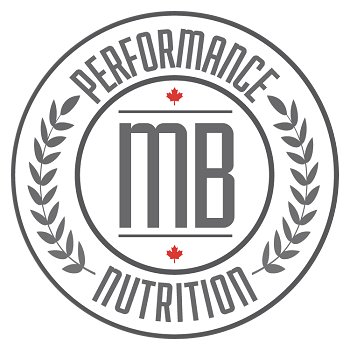Last updated on January 11th, 2024
Have you said “bye-bye” to sleeping through the night?
Are you feeling exhausted or “running on stress hormones” all day?
Do not fear; I have some great tips for you!
The science of sleep is fascinating, complicated and growing
Sleeping is this daily thing that we all do, and yet we’re just beginning to understand all of the ways it helps us and all of the factors that can affect it.
Lack of sleep affects just about everything in your body and mind. People who get less sleep tend to be at higher risk for many health issues, including diabetes, heart disease, and certain types of cancer, not to mention effects like slower metabolism, weight gain, hormone imbalance, and inflammation. And don’t forget the impact lack of sleep can have on moods, memory and decision-making skills.
Do you know that lack of sleep may even negate the health benefits of your exercise program?
What aspect of health does sleep not affect???
Knowing this, it’s easy to see the three main purposes of sleep:
- To restore our body and mind. Our bodies repair, grow and even “detoxify” our brains while we sleep.
- To improve our brain’s ability to learn and remember things, technically known as “synaptic plasticity.”
- To conserve some energy, so we’re not just actively “out and about” 24 hours a day, every day.
Do you know how much sleep adults need? It’s less than your growing kids need, but you may be surprised that it’s recommended that all adults get 7 – 9 hours a night. For real!
Try not to skimp!
(Don’t worry, I have you covered with a bunch of actionable tips below.)
Tips for better sleep
- The biggest tip is definitely to try to get yourself into a consistent sleeping schedule. Make it a priority, and you’re more likely to achieve it. This means turning off your lights 8 hours before your morning alarm goes off. I know weekends can easily throw this off, but by making sleep a priority for a few weeks, your body and mind will adjust and thank you for it.
- Balance your blood sugar throughout the day. You know, eat less refined and processed foods and more whole foods (full of blood-sugar-balancing fibre). Choose the whole orange instead of the juice (or orange-flavoured snack). Make sure you’re getting some protein every time you eat.
- During the day, get some sunshine and exercise. These things tell your body it’s daytime, time for being productive, active and alert. Doing this during the day will help you wind down more easily in the evening.
- Cut off your caffeine intake after 12 pm. Yes, this includes your beloved chai latte.
- Have a relaxing bedtime routine that starts 1 hour before your “lights out” time (that is 8 – 10 hours before your alarm is set to go off). This would include dimming your artificial lights, nixing screen time and perhaps reading an (actual, not “e”) book or having a bath.
So, how many of these tips can you start implementing today?


